Why it is Important to Limit Sugar During the Holidays
During the winter holidays there are numerous sweet treats. Many people indulge in sweet beverages, pies, treats, and candies, but it is important to know how to prevent dental cavities with an increased consumption of sugar.

How do sweet foods and beverages cause cavities?
When you eat sugary foods and drinks, bacteria in the mouth feed on the available sugars and produce acid, which breaks down the outer layer, the enamel, of the tooth. Cavities often develop between the teeth and in the presence of deep grooves.
Frequent snacking or constant exposure to sugar increases the risk of developing a cavity. Continually snacking throughout the day gives the bacteria a constant food source, and acid is repeatedly produced causing the enamel to break down to form a cavity. Limit sugary drinks and food to only mealtimes to allow your mouth the time it needs to return to a healthy state.
5 tips to stay cavity free during the holiday season.
-
Balance out the sweet food by incorporating healthy snack options during all your winter activities.
- Calcium: Cheese, milk, plain yogurt, leafy greens, and almonds. Calcium helps make your teeth strong.
- Protein & Phosphorus: Meat, poultry, fish, milk, and eggs. These options are essential for protecting and rebuilding tooth enamel.
- Fiber: Fruits and Vegetables. These foods balance the sugars they contain. They also help stimulate saliva production, which washes harmful acids and food particles away from teeth and help neutralize acid, protecting teeth from cavities.
- Vitamin C: Citrus, bell peppers, strawberries, and tomatoes. This vitamin is important for healthy gums and quick healing of wounds.
- Vitamin A: Beef liver, Fish oils, leafy green vegetables, orange and yellow vegetables, milk, and eggs. A key nutrient in building tooth enamel.
- Involve children in the preparation of the healthy options. This will likely get them excited about nutritious food choices and keep their little hands busy.
- Choose a healthy beverage. Choose water instead of sugar-sweetened beverages. Carry a water bottle and refill it during the day.
- When eating sweets, choose those that don’t stick to your teeth. Sticky and carb-rich food tends to stay in the mouth longer, giving bacteria an opportunity to eat those sugars. For example, instead of caramels choose plain chocolate. If you are eating sticky sweets, rinse with water to wash away any food particles.
- Practice proper oral hygiene routines. Brush your teeth twice a day and clean between teeth once a day.


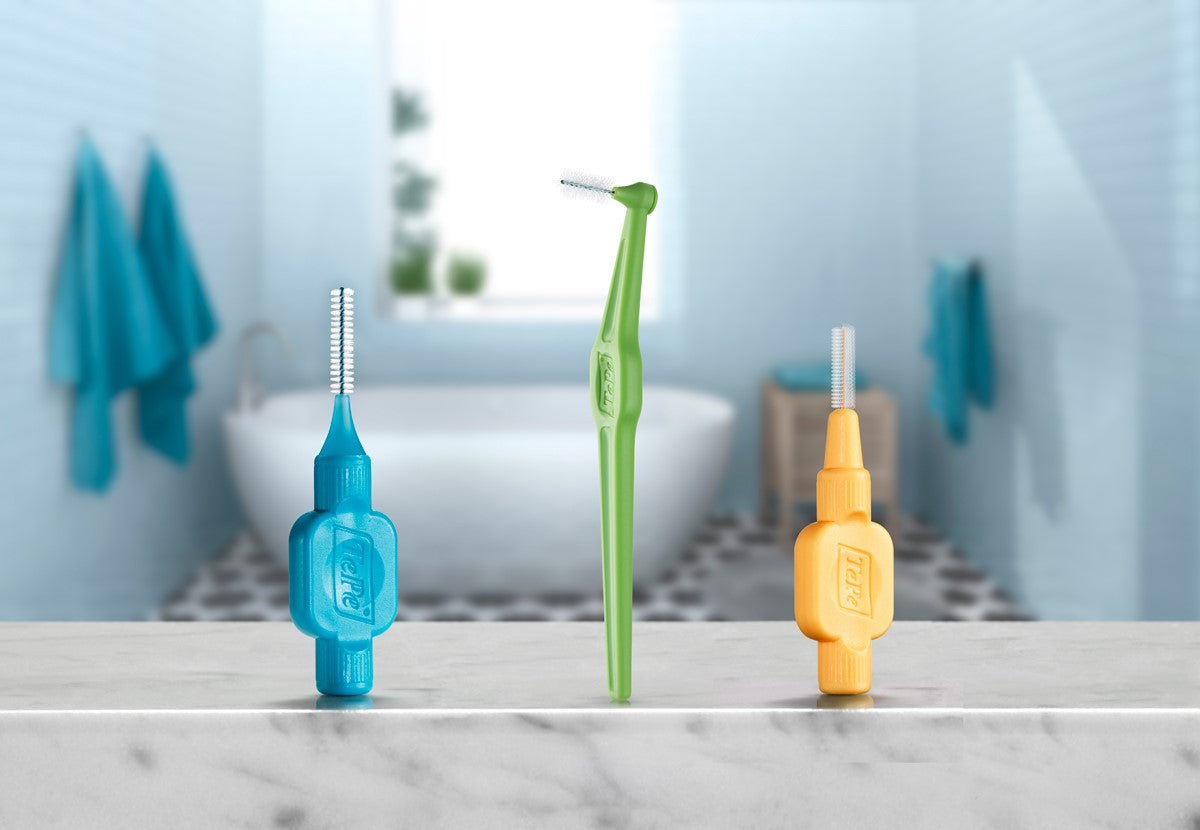
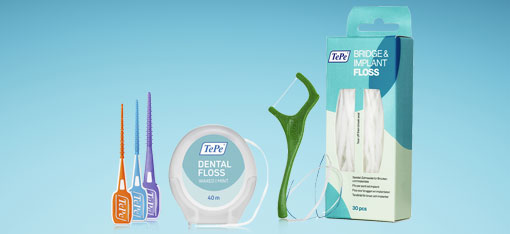
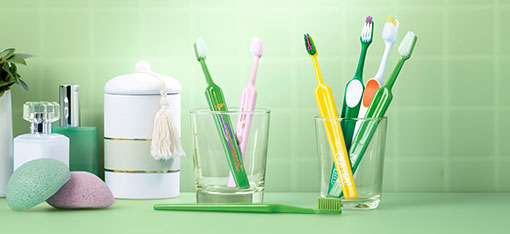
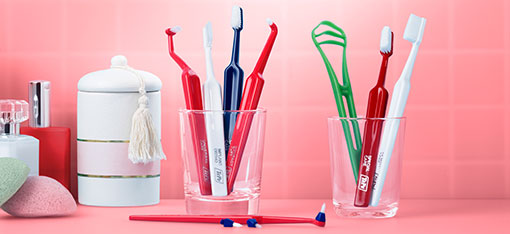
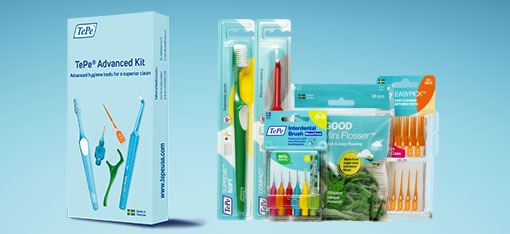




Leave a comment